Scientists are investigating how fullerene nanomaterials can be used as antivirals against different variants of SARS-CoV-2 and other viruses.


Scientists are investigating how fullerene nanomaterials can be used as antivirals against different variants of SARS-CoV-2 and other viruses.
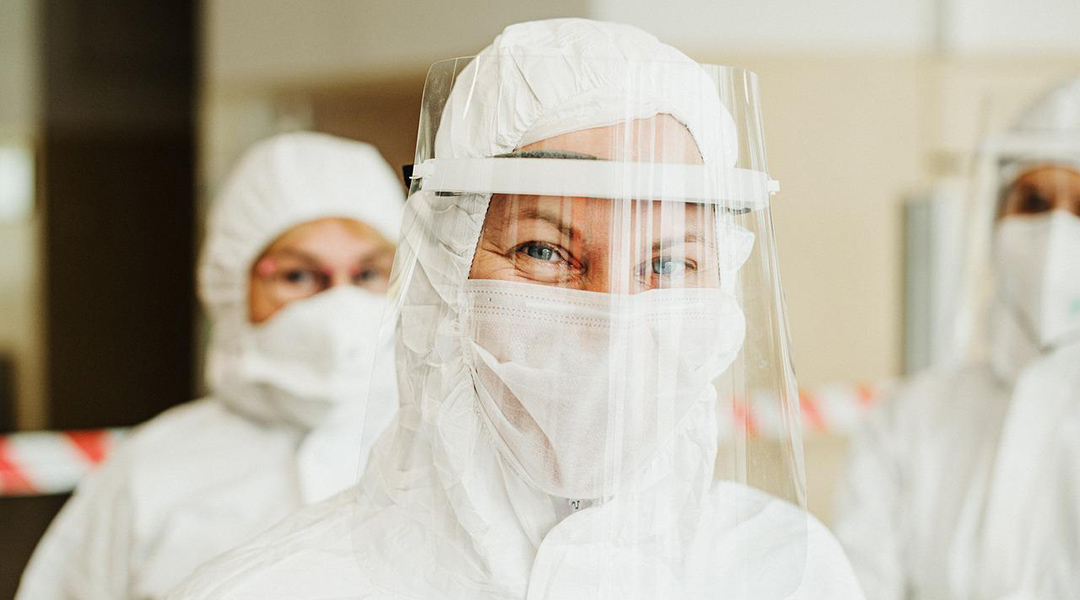
We need not be so concerned, say experts, as humans use more than just facial cues to read emotion.

A new electrochemical device produces high purity oxygen in situ, and researchers hope it might help curb the oxygen supply shortage.

A real-world study showed dogs were almost as good as PCR tests when detecting COVID-19 in individuals.
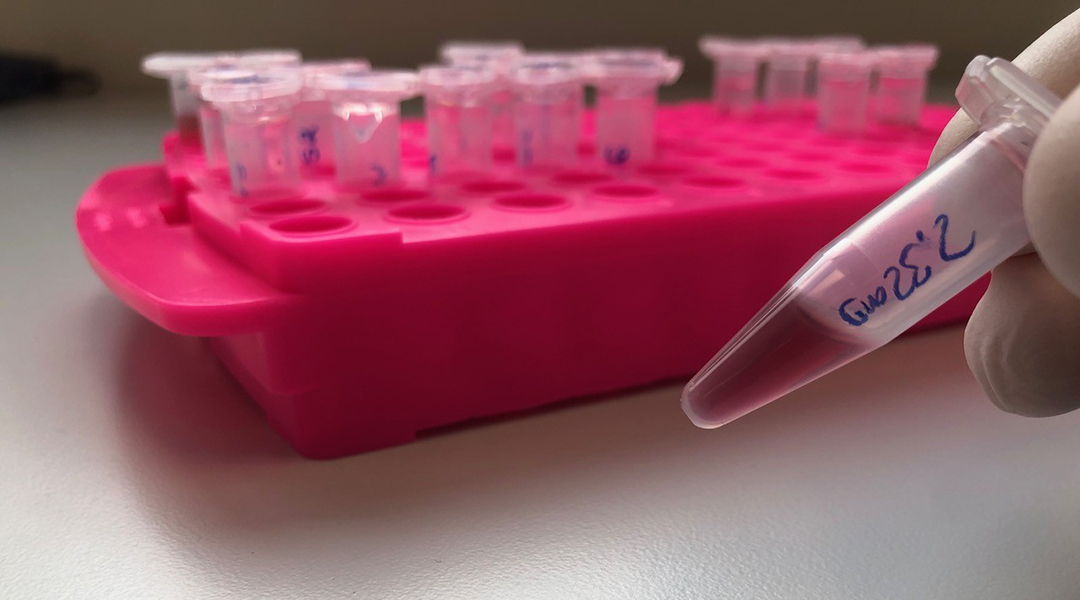
Polymer-based broad spectrum antivirals show activity against Zika, Ebola, HIV-1, the Herpes simplex virus, and now, SARS-CoV-2.
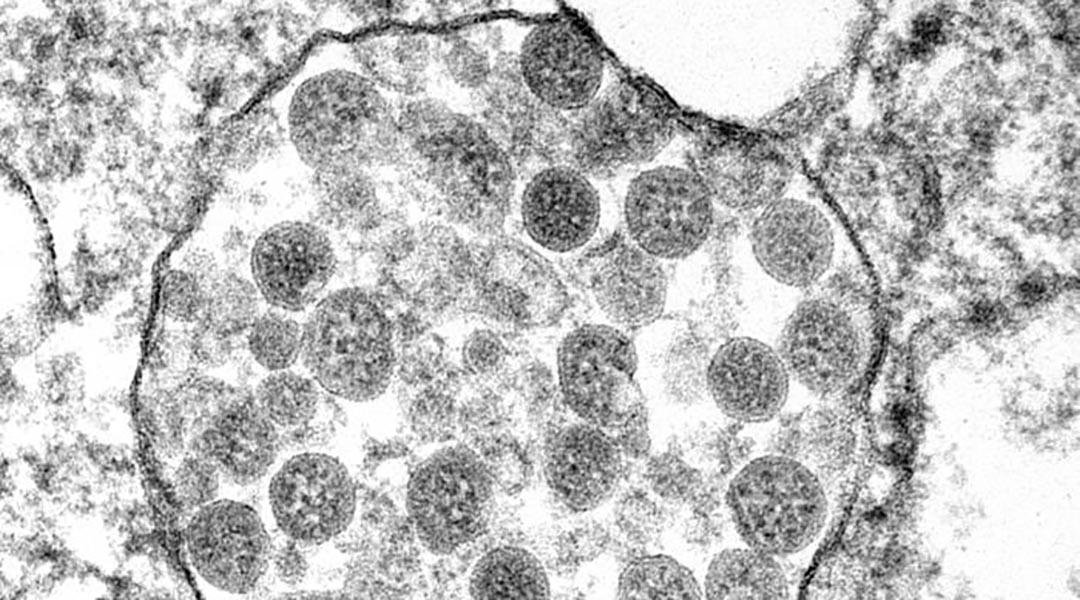
Using nanoparticles fitted with ACE2 receptors, researchers hope to lure SARS-CoV-2 away from healthy cells to inhibit the virus and treat infection.
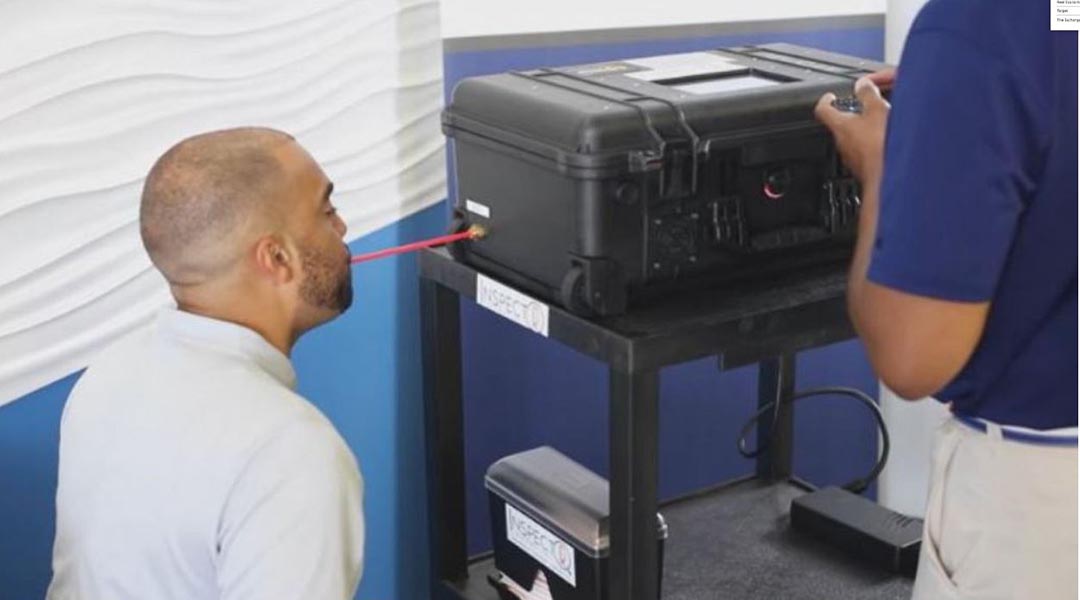
Using a chemical signature in the breath, a newly approved COVID-19 breathalyzer could provide an easy and rapid means of testing.
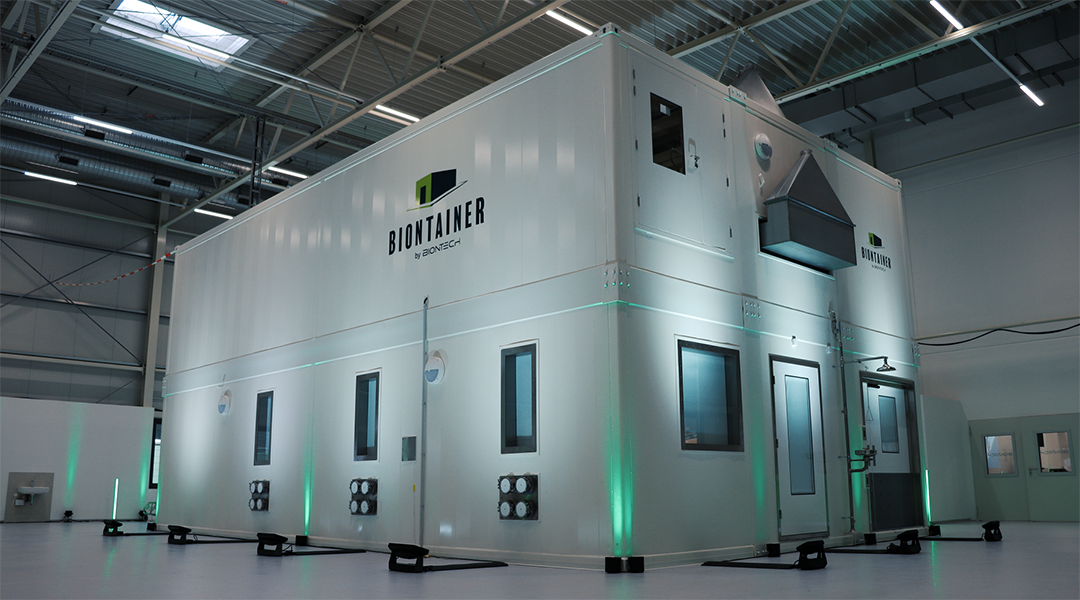
Without independent vaccine manufacturing in Africa, the social and economic costs of the pandemic will only be prolonged.

The debate around COVID-19 boosters is highly nuanced, but a new computational model could help better inform policy around such measures in an evolving pandemic.

A wearable air sampler to help monitor personal exposure to SARS-Cov-2 and identify high-risk areas for indoor exposure.